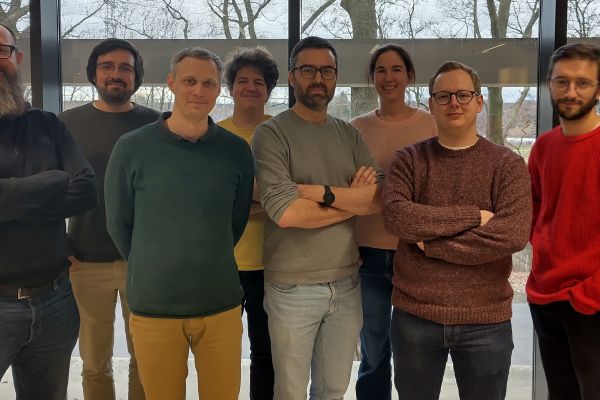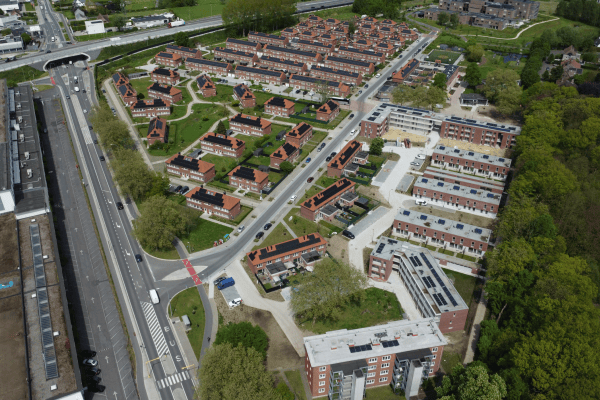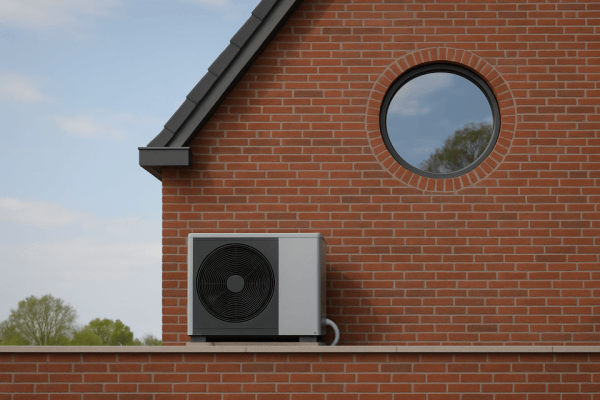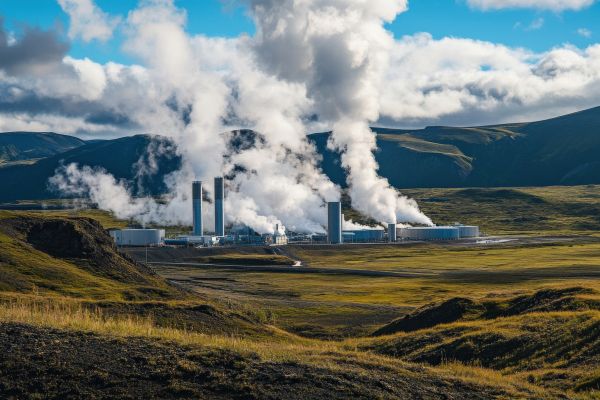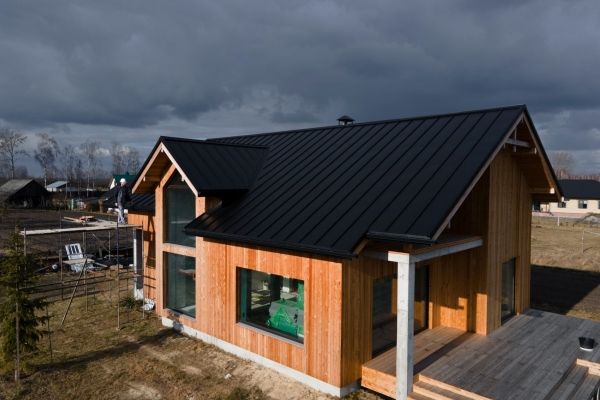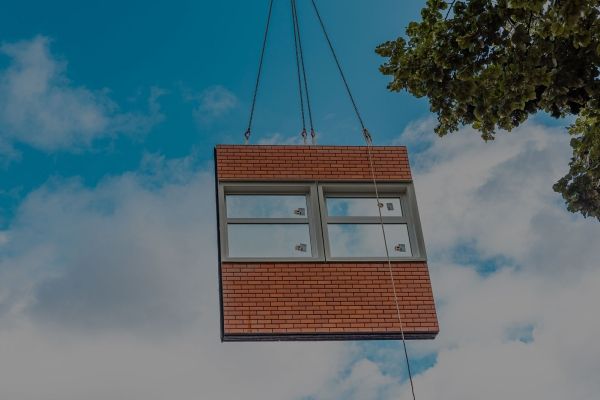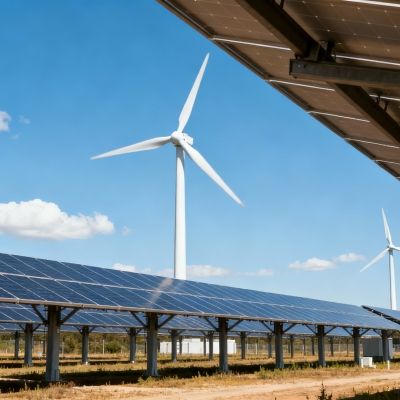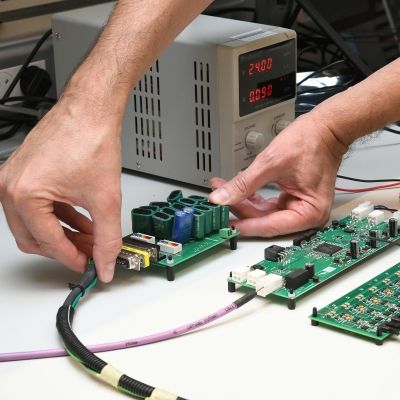From black to green gold: old mine sites supply renewable energy
Mol, 18 July 2022: the promising results of a first feasibility study by VITO and Walloon research partners paved the way for mine water as a heat source in Wallonia. Subsequently, the Walloon government launched three public tenders for feasibility studies for geothermal projects in the districts of Charleroi, Mons and Liège.
photo ©SPW – F.DOR
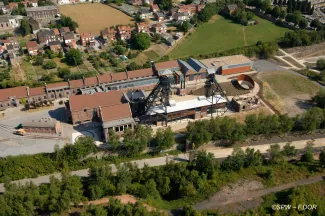
The project proposals of VITO together with the Walloon universities UMons and ULiège were selected as the best ones earlier this year. The results of the three studies will determine whether pilot projects using geothermal energy from mine water are technically and economically feasible.
The evaluation will be based on 5th generation heat and air conditioning networks, in which low-energy geothermal energy and energy storage in former coal mines fit perfectly. A new destination for the region?
Geothermal energy from mine water offers abandoned mining sites the opportunity to play a new role in the production and storage of renewable energy in combination with fifth-generation heating and cooling networks. The historical large-scale exploitation of coal in North-West Europe makes this the ideal environment for implementing these sustainable energy systems.
In 2019, VITO and its Walloon partners were awarded via a public tender a project by the Walloon government to determine the geothermal potential of the former collieries in Wallonia and to propose a concrete action plan for the sustainable development of this sector in the region. On the one hand, the study aimed to analyze the different approaches, including the establishment of a European benchmarking of mine water projects for geothermal energy.
On the other hand, the study aimed to identify favorable areas in Wallonia to develop such projects by evaluating the geothermal potential of the former coal mines in the main mining districts. The complementarity between the identified potential of the subsurface and the demand on the surface is crucial, and as such, was also analyzed. In addition, the environmental risks, the interactions with the existing mine safety measures and the possible legal risks were studied in detail.
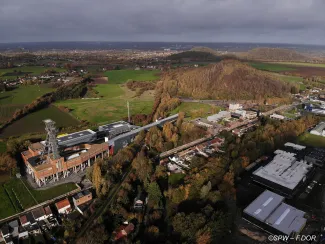
As the Walloon Region has the ambition to set up at least one pilot project within the next 10 years, a model of a quantified business plan for a pilot project in Wallonia was also drawn up. All of these elements made it possible to draw up an action plan to promote the sustainable development of the sector in Wallonia.
The results of the evaluation of the potential of mine water as a geothermal resource in Wallonia are encouraging. They show that the districts of Charleroi, Mons and Liège have a geothermal potential that makes the exploitation of this resource in Wallonia worthwhile. Indeed, based on conservative assumptions, there would be sufficient potential in the region to carry out at least 11 projects similar to the one in Heerlen (NL).
Based on this, the Walloon government launched three public tenders for feasibility studies for geothermal projects in the above-mentioned districts in the autumn of 2021. The project proposals by VITO in partnership with Walloon universities (UMons and ULiège) were selected as the best ones in early 2022.
The results of the three studies will determine whether pilot projects are technically and economically feasible and worth considering for the different regions. The evaluation will be based on 5th generation heating and cooling networks (5GDHC), in which low-energy geothermal energy and energy storage in former coal mines can perfectly be integrated.




